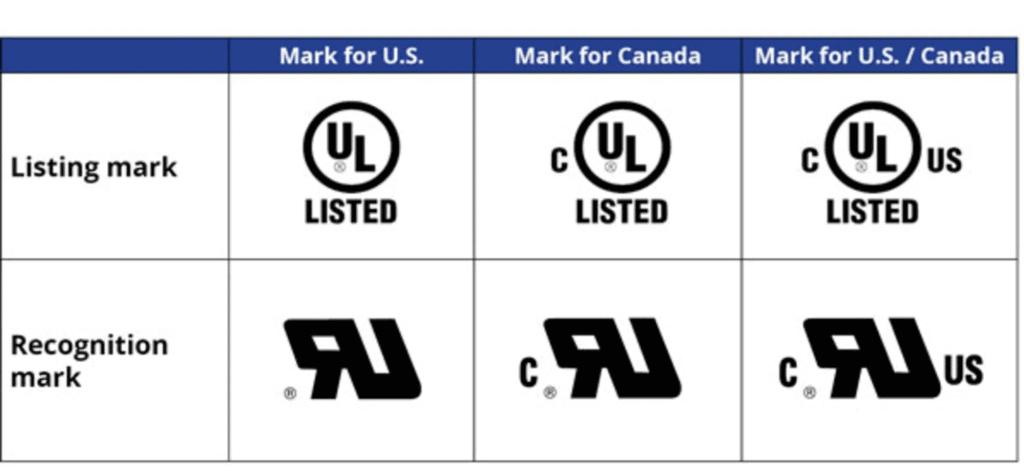Sometimes things happen that are outside of our control- especially when it comes to outdoor chores.
Whether you’re a contractor or a homeowner, it’s obvious why you might be concerned about your pressure washer getting rained on. But, is that enough of a concern for postponing your pressure washing? Can you pressure wash in the rain?
Well, it depends on what you’re concerned about.
If you’re worried about corrosion or damage to your pressure washer, then you should be careful. Depending on the model of pressure washer and what kind of material it’s made of, there may or may not be any risk.
However, In most cases, you can pressure wash in the rain, as long as you can keep your pressure washer from getting rained on, and you can stay safe from how slippery surfaces will get.
Let’s cover the two different main concerns in depth:
- What happens if a pressure washer gets wet?
- How to stay safe in the rain while pressure washing.
Before you get into the rest of this article- be extremely careful if you’re doing any roof cleaning. Some roof slopes and roof types can be extremely slippery, especially when it rains!
Can a pressure washer get wet?
It depends.
Like I mentioned earlier, there are two different variables that you need to check for to determine how resistant your pressure washer is to rain.
Those variables include:
- UL Rating
- Component Materials ( rust susceptibility)
Checking the Ul Rating
A UL rating refers to a rating given out by an organization called the Underwriter Laboratories. They do a ton of different work and research, but their certification is important when it comes to determining how safe a pressure washer is.
To be specific, UL ratings can either be certified or recognized. This is what those logos actually look like:
Recognition marks are assigned to individual components, meaning that they individually meet certain UL requirements. However, they do not certify the entire product.
That’s what the listing mark is for, it means that the entire product, in this case, a pressure washer, is certified by the UL. This certification is awarded to products that have withstood the necessary comprehensive tests and are certified to be “ be free from a reasonably foreseeable risk of fire, electric shock in a Division 2 environment.”
In English, these products have been constructed in a way that is safe and should avoid catching fire or being a risk for electric shock, in the vast majority of cases.
Now, if you’re not asleep by now- here’s the English version:
If your pressure washer has a UL listed mark on it- then you run no serious risk of any kind of health concern when pressure cleaning in the rain.
I wish I could just share a picture of where exactly the UL rating is for every pressure washer, but it’s just not possible.
Typically, you’ll find it somewhere on the engine of your pressure washer, but it might be in the owner’s manual.
The good news is that if you’re using any pressure washer that’s been made in the last 10-15 years, and it’s made by a reputable company, then it’s definitely safe to use in the rain.
However, fire and electric shock aren’t the only problems to be aware of when pressure cleaning in the rain.
What Materials Is The Pressure Washer Made Of?
This is pretty straightforward, but the type of material the pressure washer is made of can have a big impact on how likely it is to develop rust.
Depending on how professional your machine is- chances are that your pressure washer is either made of plastic, aluminum, steel, or stainless steel.
In most cases, critical areas of a pressure cleaner will be powder coated to prevent any corrosion.
For example, this B E PRESSURE pressure washer has powder coating all around the gas tank and around the steel construction to prevent corrosion.

However, some pressure washers don’t have this level of finish and are more susceptible to rust.
The good news is that as long as you’re using a plastic, stainless steel, or powder-coated pressure washer- then rust won’t be a real problem for you.
Here’s the TLDR
If you don’t want your pressure cleaner to rust in the rain, or from daily use, invest in one with high-quality stainless steel, or a solid anti-corrosive powder coating.
For homeowners, plastic pressure washers like this one from sun joe, are also free of any corrosion risks.
Is it safe to pressure wash in the rain?
It should be perfectly safe. If you have any kind of problems with being in the rain, then obviously you wouldn’t want to be outside.
Otherwise, the same rules apply for pressure washing in the rain versus when it’s not raining. You want to keep yourself safe, primarily when it comes to walking on slippery surfaces.
Using any kind of rubber water shoe is going to work just fine here, but you want to make sure that you’re using precaution. Sometimes, these dirty surfaces might have oils and chemicals that start to run and unattached from the surfaces as they get washed.
That means that everything gets a whole hell of a lot more slippery when you’re washing- and the same goes for when it’s raining.
In case you were wondering, these boots should be more than enough to handle the average pressure washing job.
Click here to see the economy water shoes.
Benefits of Hiring A Professional For Power Washing
For starters, hiring a true professional means that the job gets done right, the first time. There’s no denying how helpful pressure cleaning can be, especially to extend the life of your roof– but it can also be dangerous. Plus, it means that you won’t have to risk any potential slips or injuries from pressure cleaning, especially during the rain.
Not to mention, having professional equipment allows for much deeper cleaning, especially in areas that you might not otherwise be able to reach.
If you have a pressure cleaning job, I suggest at least getting a quote for the project before deciding to go through with it yourself.
Not to mention, you avoid the risk of accidentally damaging your property, hurting yourself, and best of all, you save a ton of time in the process.
If you’re in South Florida and want a free, digital pressure cleaning quote- give me a call at (305) 796-2443.
My name is Jorge, and I look forward to helping!



One response to “Can You Pressure Wash In The Rain?”
A useful guide for those wondering if it’s safe to use a pressure washer in wet conditions.